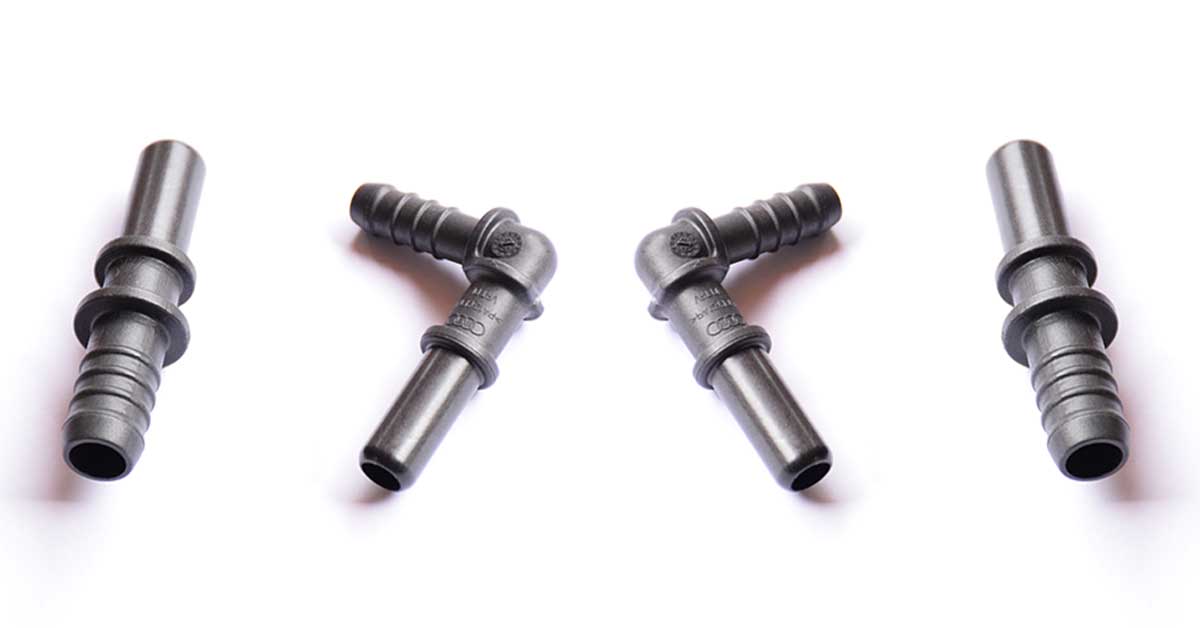
The automotive industry is certainly among those in which high performance thermoplastic compounds have seen an exponential increase in interest and applications over the last few years. The reasons are many: From the ever-pressing need to contain weights and costs to the widespread use of electronics in the control of the vehicle and its utilities, from hybrid solutions involving the management of electric and thermal loads to temperature increase in the underhood environment. LATI’s special compounds are the natural answer to all these needs embodied in the evolution of the concept of car and transport.
So PPS, PSU, PPA, and PEEK are used near the engine for their thermal properties, self-extinguishing materials where important electric currents are to be handled, electrically conductive and shielding compounds for the protection of onboard electronics and computers, thermally conductive grades for cooling of LED optical solutions, and structural materials wherever robustness and strength of metal are required.
Fuel transport is a particularly critical field within the complex propulsion system for obvious safety and reliability reasons.
Any part operating with fuel streams must withstand continuous contact with hydrocarbons without embrittlement or loss of strength. Accumulation of electrostatic charges is also to be avoided due to the risk of malfunction or fire.
For these reasons, SAROPLAST, an Italian company specializing in the molding of high performance resins, has chosen the LARAMID K/30 compound for the manufacture of fittings used on diesel fuel transport lines. The reasons for this choice are the excellent chemical resistance of the PPA matrix to oils, solvents, greases and hydrocarbons, as well as the electrical and mechanical properties offered by 30% carbon fiber contained in the compound.
Carbon, in fact, allows to have electrically conductive technopolymers, so perfectly suitable for electrostatic discharge to ground. At the same time, fibers also increase the structural strength and dimensional stability of the molded part, which are parameters required to safely handle the pressure and fuel flow to the engine.
As is customary in underhood applications, operating temperature, too, requires to be safely managed. In this case, LARAMID K/30 ensures maximum performance beyond the required 130° C.
The range of LATI solutions based on aromatic polyamides includes not only carbon fiber reinforced products, but also purely structural grades with up to 60% glass fiber, self-extinguishing, self-lubricating and thermally conductive products.